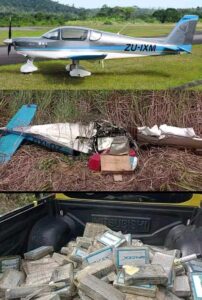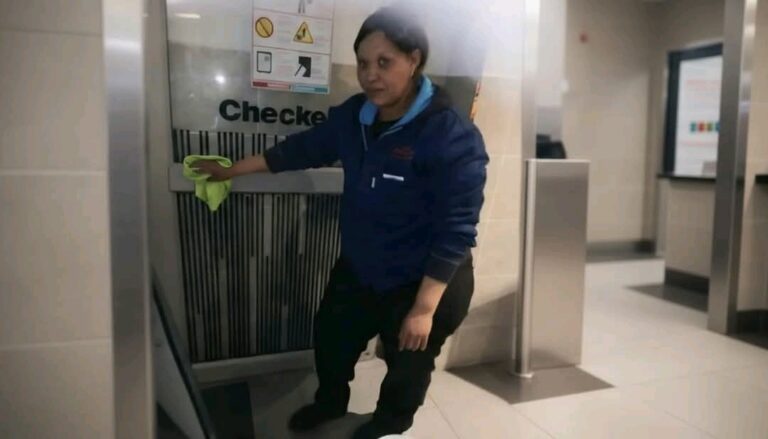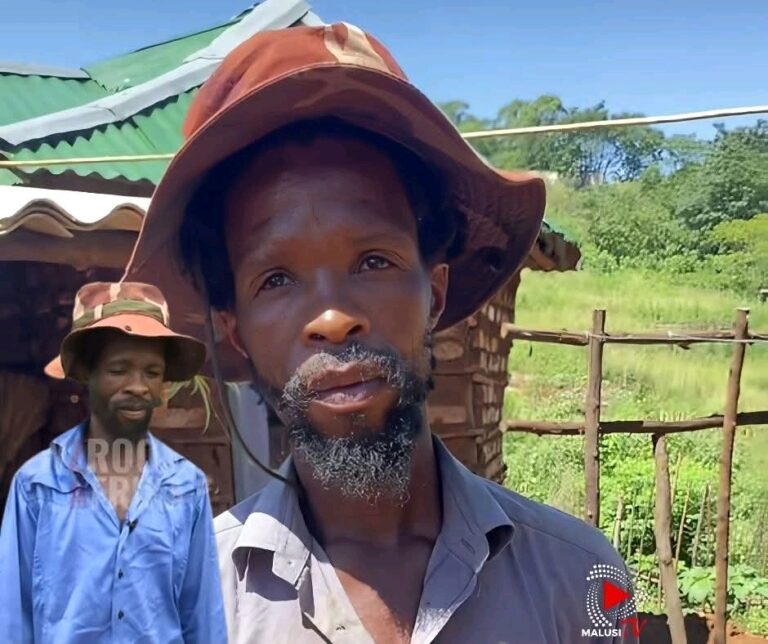
A dramatic plane crash in Brazil has uncovered a major international drug smuggling operation involving a South African pilot. Timothy James Clark, a Stellenbosch native, was at the center of the shocking incident after his aircraft went down in a sugarcane field, exposing a staggering cargo of cocaine valued at nearly R1 billion.

The Crash and Discovery
Authorities in Brazil confirmed that Clark was piloting a small aircraft when it crashed in a remote sugarcane plantation. Upon inspection of the wreckage, investigators discovered 200 kilograms of high-grade cocaine packed in the fuselage. The street value of the consignment was estimated at an astonishing R920 million.
The crash immediately drew international attention, both due to the massive quantity of drugs recovered and Clark’s connection to Stellenbosch, one of South Africa’s most prominent and affluent towns.
High-Stakes Smuggling Operation
Preliminary investigations revealed that Clark had been operating as part of a sophisticated trafficking network. Sources close to the probe allege that he was flying cocaine shipments between South America and international markets. Each successful delivery reportedly earned him a staggering payout of R8.6 million.

With such lucrative returns, Clark’s involvement highlights the growing use of aviation in global drug trafficking. Experts note that small aircraft are increasingly used by cartels due to their ability to land on makeshift runways and avoid radar detection.
The Human Side of the Scandal
The revelation of Clark’s alleged activities has shocked the Stellenbosch community, where he was once regarded as a respected pilot. For many, it is difficult to reconcile his privileged background and career opportunities with his decision to participate in one of the world’s most dangerous criminal trades.
Family members and acquaintances are said to be in disbelief, describing him as a man who had every opportunity to pursue a legitimate career but chose instead to risk his life and freedom for fast money.
Law Enforcement and International Cooperation
Brazilian police have since tightened their investigation into the network behind Clark’s ill-fated flight. Authorities suspect that the cocaine shipment was destined for Europe or Africa, where it would have been distributed through established criminal syndicates.
International law enforcement agencies, including Interpol, are reportedly involved in tracing the origins and intended routes of the cocaine. The investigation is expected to expose deeper links between South American cartels and African intermediaries in the drug trade.
A Costly End to a Risky Game
The crash has not only cost Clark his freedom but also delivered a significant blow to the criminal organization that hired him. With nearly a billion rand’s worth of drugs lost, the syndicate faces both financial and operational setbacks.
For South Africans, the case serves as a sobering reminder of how individuals from privileged backgrounds can be lured into the dangerous world of narcotics trafficking. It also underscores the global scale of the drug trade, where fortunes are made and lost in an instant, often at the cost of human lives.
As investigations continue, Timothy James Clark’s downfall will remain a stark warning about the perils of chasing illicit wealth through high-risk ventures.




